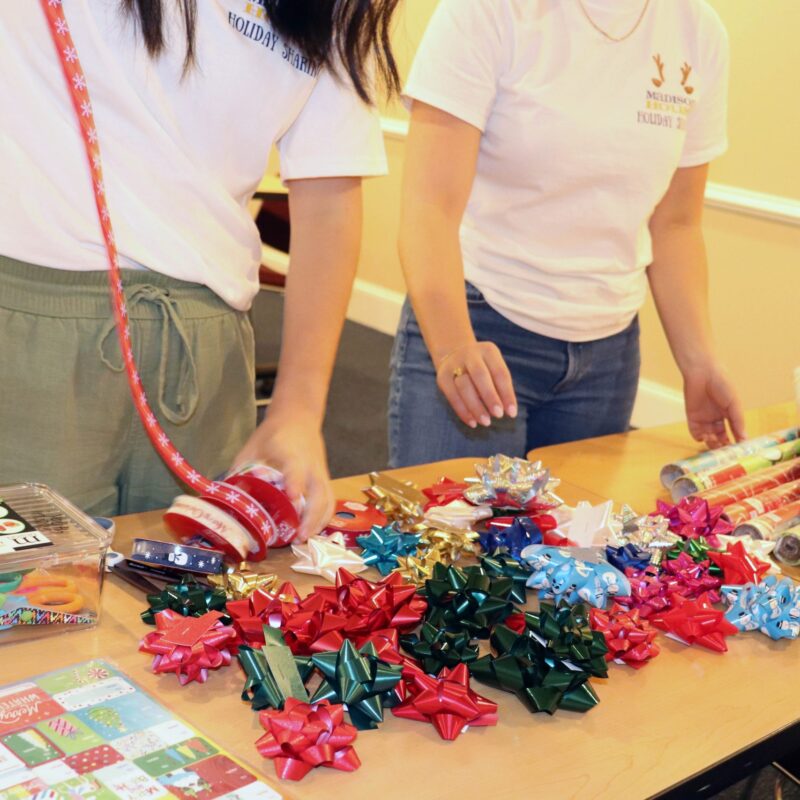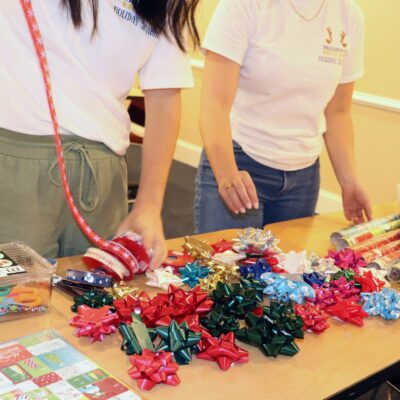Fred Scott, Jr. may have sold his Bundoran farm in southern Albemarle to New Hampshire developers, but that doesn’t mean he’s stopped thinking about farming. And he hopes that a recent $2.1 million donation to create the “Ballyshannon Fund” at the Charlottesville Area Community Foundation (www.cacfonline.org) will make sure that others think about farming as well.
 Fred Scott (left), shown here on Bundoran Farm with farm manager Carl Tinder, has donated $2.1 million for a fund to educate city slickers about farming, timbering and rural economics. |
“If you start with the fact that everybody on the planet wants to save the planet, including us, we think it’s really important that people understand how to do that,” said Scott, via telephone. How to do that, Scott believes, is through private land ownership and economically viable timber and agriculture operations.
A member of the Ballyshannon Fund’s board, Carl Tinder, joined the conference call from his truck in between rotating cattle. “[Farming] has to be a choice,” said Tinder, who manages the farming operations on Bundoran Farm. “Agriculture’s still a part of the community, and a big part.”
“We don’t particularly want to support what I would describe as the environmental movement that has an edge to it,” says Scott. “They’ve got wonderful glossy magazines, they do a lot of good, but many of those folks have never operated businesses in the country, and what we’re trying to come at it from is the side of people like Carl Tinder out there managing cattle.”
One of the first acts of the Ballyshannon Fund (named after an Irish town from which Scott’s ancestors emigrated) is a $35,000 allocation to create a booklet entitled “Welcome to the Country (Let’s keep it that way!),” to be published by the Farm Bureau and Virginia Tech. “It will address the culture shock that often occurs when people move to a rural area and they just assume that it’s going to be a quiet, bucolic area—and then they have lots of surprises,” Scott says, citing tractors in the early morning, “funny” smells of cattle and trucks stopped in the middle of the road (“It’s called a board meeting out here”).
What the fund won’t do is lobby: As a 501(c)(3) nonprofit, it won’t take official positions during elections. “We just want people who are going to suggest laws and suggest policies and procedures to understand the economic impact of whatever it is they’ve proposed,” says Scott.





